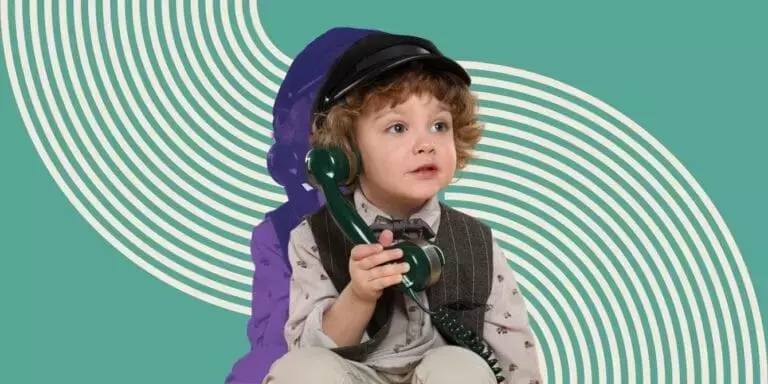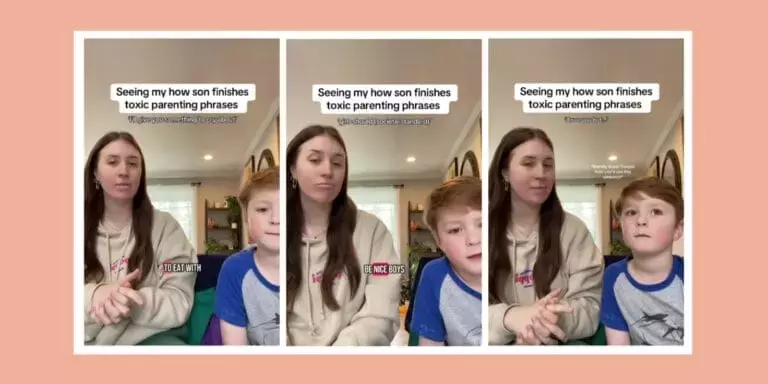

































A recent viral Instagram video ignited a vigorous discussion among parents regarding appropriate bedtime routines for children. The video, shared by Emily Boazman, depicts her children engaging in various activities late into the evening, from cooking dinner at 9:30 p.m. to styling hair at 11 p.m., before finally settling down for sleep past midnight. This unconventional schedule has divided opinions, with some parents expressing concern and others praising its flexibility.
The central point of contention revolves around whether such late-night routines represent harmless adaptability or potential disorder in a child's life. Pediatric sleep specialists generally concur on the importance of sufficient, high-quality rest and consistent sleep patterns for healthy child development. Research indicates that children with irregular bedtimes often exhibit more behavioral challenges compared to those with stable schedules. However, Emily's justification for her family's routine lies in homeschooling, which allows her children to wake up later, thereby still achieving the recommended 9–12 hours of sleep daily.
The Debate Over Unconventional Bedtime Schedules
Emily Boazman's viral Instagram reel, illustrating her family's late-night activities and midnight bedtime, has ignited a significant debate among parents globally. Many viewers expressed shock and concern, as their own children are typically asleep much earlier, often before 9 p.m. The idea of children cooking dinner at 9:30 p.m., followed by hair styling and a shared family bedtime at midnight, seemed unimaginable to a large portion of the parenting community. This stark contrast between conventional and Emily's 'night owl' routine prompted questions about its potential impact on children's well-being and development. The discussion highlights the diverse approaches to parenting and the challenge of balancing family lifestyle with established recommendations for child sleep.
The controversy surrounding Emily's family schedule stems from a widespread belief in early bedtimes for children. The video vividly showed her youngest child experiencing a meltdown on the kitchen floor while older siblings prepared eggs late in the evening. This scene, coupled with the midnight bedtime, led many to label the routine as 'chaotic'. However, Emily clarified that her children are homeschooled, enabling them to sleep in later in the mornings and still accumulate the advised 9–12 hours of sleep. This revelation shifted the perspective for some, suggesting that the routine, while unconventional, might not necessarily be detrimental if total sleep duration is met. The diverse reactions underscore the absence of a universal 'perfect' bedtime and the cultural nuances that influence parenting practices, prompting a deeper look into what constitutes a healthy sleep environment.
Expert Insights and Parental Perspectives on Sleep
Pediatric sleep specialists emphasize the critical role of consistent sleep schedules for children's optimal development, noting that irregular bedtimes are linked to increased behavioral difficulties. Children's circadian rhythms naturally evolve, with melatonin onset occurring at different times as they age. Establishing predictable pre-sleep routines, such as dimming lights and engaging in quiet activities, helps signal to a child's body that it's time to rest. While studies indicate that homeschooled children often get more sleep due to later start times, experts still advocate for a consistent bedtime ritual, even if the hour is later, to provide a stable anchor for their sleep patterns and support healthy physiological functioning.
The varied responses to Emily's video on Instagram further illustrate the differing philosophies among parents regarding sleep. Many commenters voiced strong objections, asserting that the late schedule was solely the parent's preference, not beneficial for the children's developmental needs. They highlighted the importance of appropriate feeding times and sufficient rest for growth. Conversely, a significant number of parents supported Emily, particularly after learning her children are homeschooled and thus have later wake-up times. These supporters argued that cultural practices often involve later bedtimes globally and that the key factor is whether children are healthy, happy, and receiving adequate overall sleep. This polarization reflects the broader challenge parents face in balancing flexibility with the need for structured, consistent routines to safeguard their children's rest and well-being.
